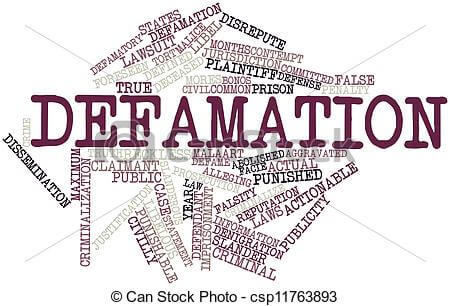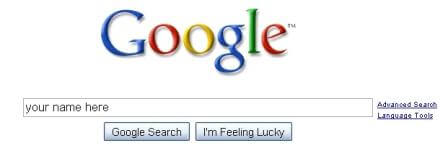
Defamation and False Light Invasion of Privacy
Introduction to False Light Invasion of Privacy False light Invasion of Privacy is when someone has falsely attributed to you some statement, opinion, or belief which is highly offensive. The elements for false light are: a statement; published by one party about another; that places a person in a false light; which is highly offensive […]
Read more about Defamation and False Light Invasion of Privacy





